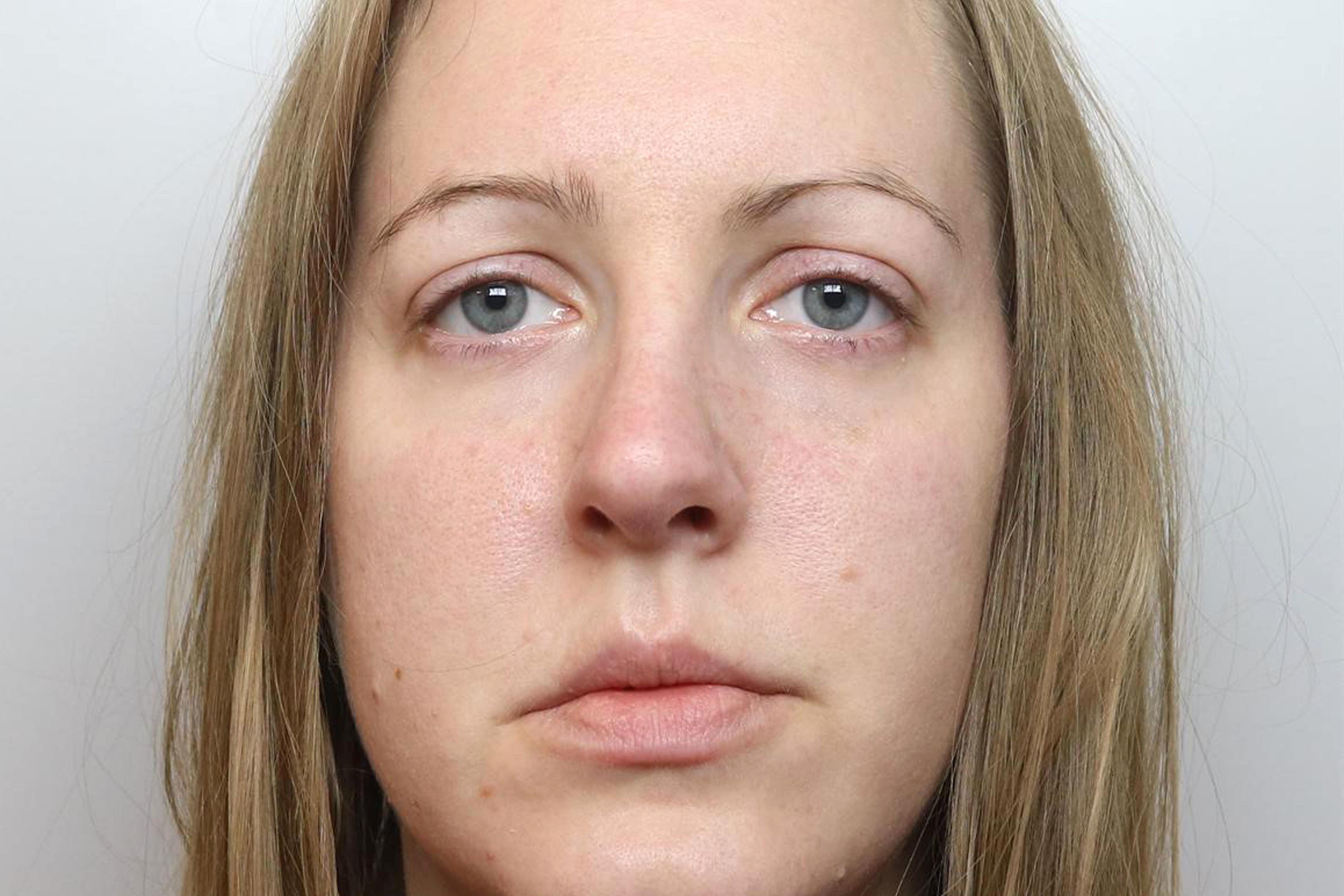Rishi Sunak announces mandatory whole-life orders for most heinous killers
The punishment could have been applied to Zara Aleena and Sabina Nessa’s killers
Your support helps us to tell the story
From reproductive rights to climate change to Big Tech, The Independent is on the ground when the story is developing. Whether it's investigating the financials of Elon Musk's pro-Trump PAC or producing our latest documentary, 'The A Word', which shines a light on the American women fighting for reproductive rights, we know how important it is to parse out the facts from the messaging.
At such a critical moment in US history, we need reporters on the ground. Your donation allows us to keep sending journalists to speak to both sides of the story.
The Independent is trusted by Americans across the entire political spectrum. And unlike many other quality news outlets, we choose not to lock Americans out of our reporting and analysis with paywalls. We believe quality journalism should be available to everyone, paid for by those who can afford it.
Your support makes all the difference.Offenders who commit the most heinous murders will face life behind bars with no chance of being released under new plans announced by Rishi Sunak.
The government aims to change the law so that judges are required to impose whole-life orders on the most depraved killers, except in extremely limited circumstances.
Whole-life orders are the most severe penalty available in the country’s criminal justice system. It comes after the penalty was given to child serial killer Lucy Letby for the murder of seven babies and the attempted murder of six more.
The law change will also for the first time make this sentence the default for any sexually-motivated murders, with Downing Street saying it could have applied to the recent cases of Zara Aleena and Sabina Nessa.
Sex attacker Jordan McSweeney was jailed for life with a minimum term of 38 years for murdering law graduate Ms Aleena as she walked home in east London.

Sexual predator Koci Selamaj was jailed for at least 36 years for murdering primary school teacher Ms Nessa in southeast London.
The prime minister said: “I have shared the public’s horror at the cruelty of crimes we have seen recently.
“People rightly expect that in the most serious cases, there should be a guarantee that life will mean life. They expect honesty in sentencing.
“By bringing in mandatory whole-life orders for the heinous criminals who commit the most horrific types of murder, we will make sure they never walk free.”
Justice secretary Alex Chalk said: “A whole life order will now be the expectation for murderers where the killing involves sexual or sadistic conduct.
“This important law change will ensure that the worst of the worst can now expect to spend the rest of their lives in prison.”
No 10 said the government will legislate for the changes “in due course”.
But Labour, which is pitching itself as the “tough on crime” party ahead of a likely general election next year, accused Mr Sunak’s Conservative government of falling short.
Shadow justice secretary Steve Reed said: “No-one will take any lessons from this soft on crime Tory government.
“Under their watch, nine out of 10 crimes go unsolved and tens of thousands of dangerous criminals including gunmen, child abductors, and sex offenders have avoided jail sentences.
“To make matters worse, our prisons are now full because they failed to build the prison cells we need, forcing judges to hand out softer sentences.
“Labour is the party of law and order. In government, we will implement tougher sentences for dangerous criminals and build the prison places to put them behind bars.”
Lucy Letby was sentenced to a whole-life term on Monday for the murder of seven babies and the attempted murders of six more.
The nurse joins a string of the country’s most dangerous offenders who are likely to die behind bars, including Sarah Everard’s killer Wayne Couzens, necrophiliac David Fuller and homegrown terrorist Ali Harbi Ali, who murdered MP Sir David Amess.
A total of 70 criminals are serving a whole-life order, four of whom are being held in secure hospitals. They will never be considered for release unless there are exceptional compassionate grounds to warrant it.
In the past, home secretaries could issue whole-life tariffs, as they were previously known, and these are now determined by judges.
Under the Police, Crime, Sentencing and Courts Act, which became law last year, the government expanded the use of whole-life orders for the premeditated murder of a child.
The reforms also allow judges to hand out the maximum sentence to 18 to 20-year-olds in exceptional cases, such as for acts of terrorism leading to mass loss of life.



